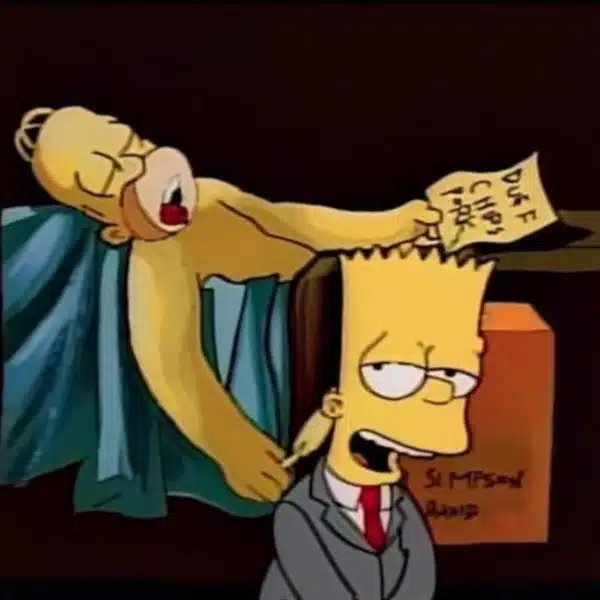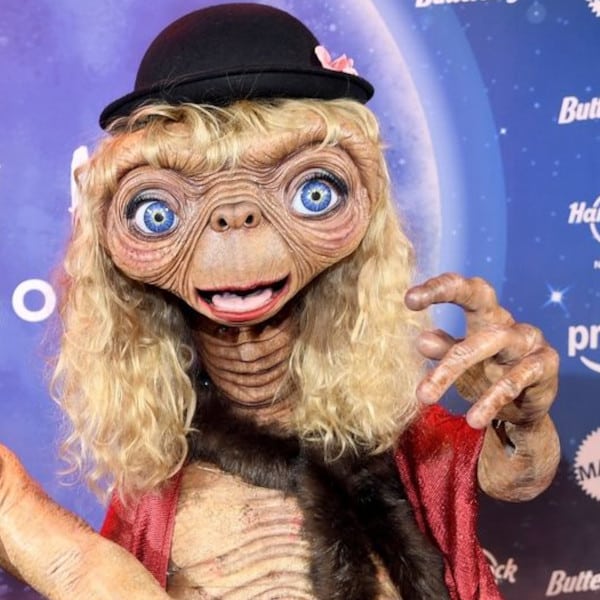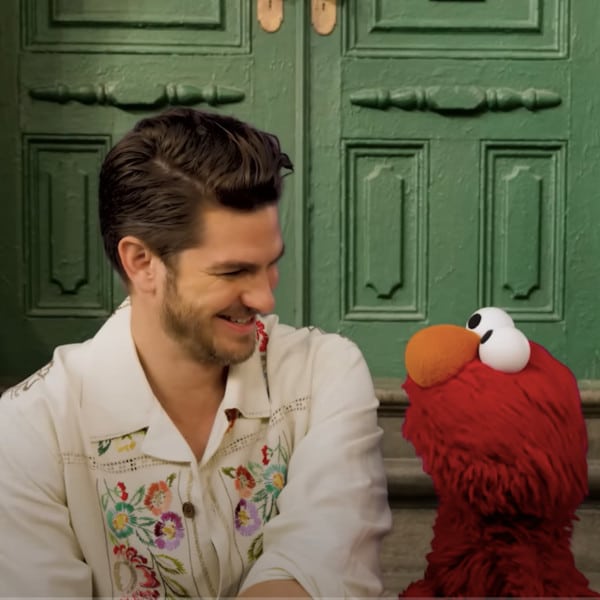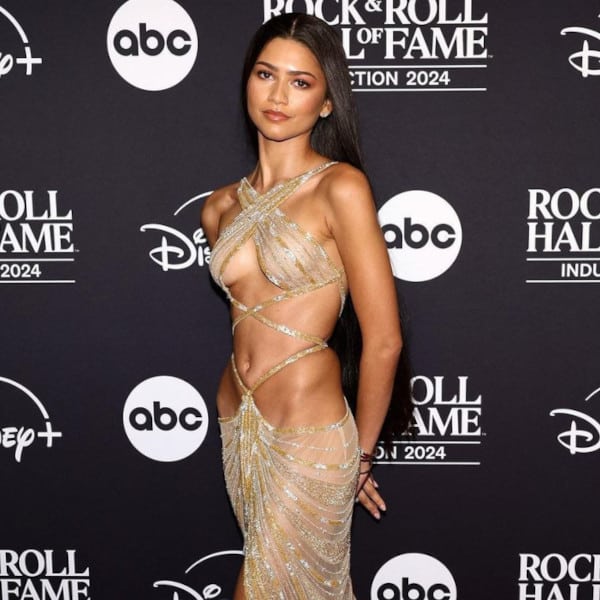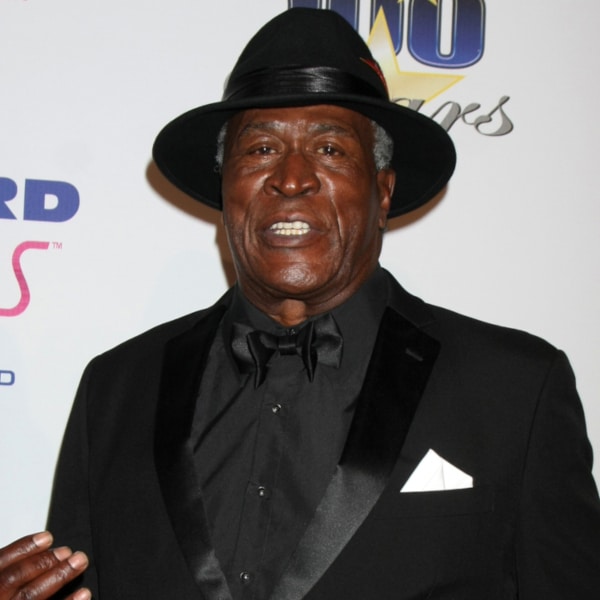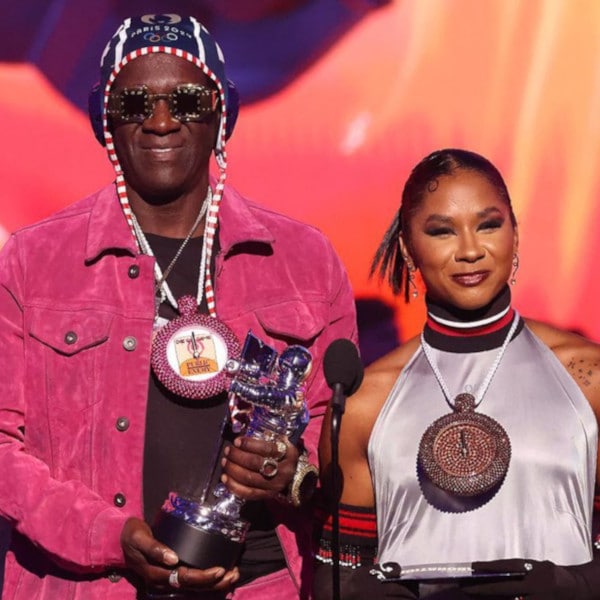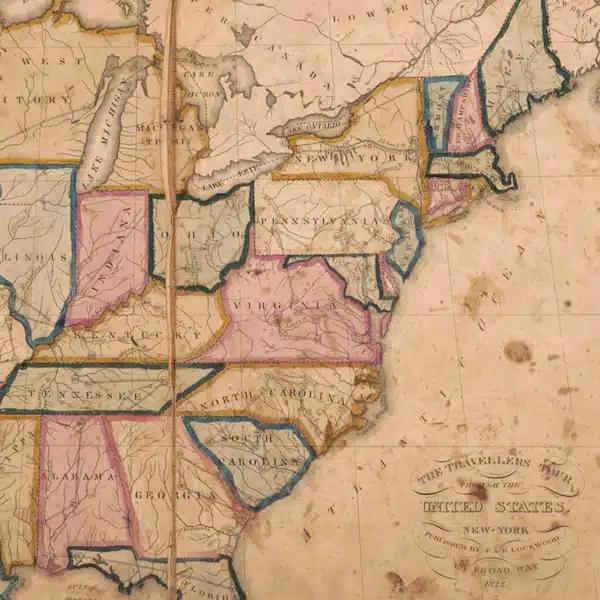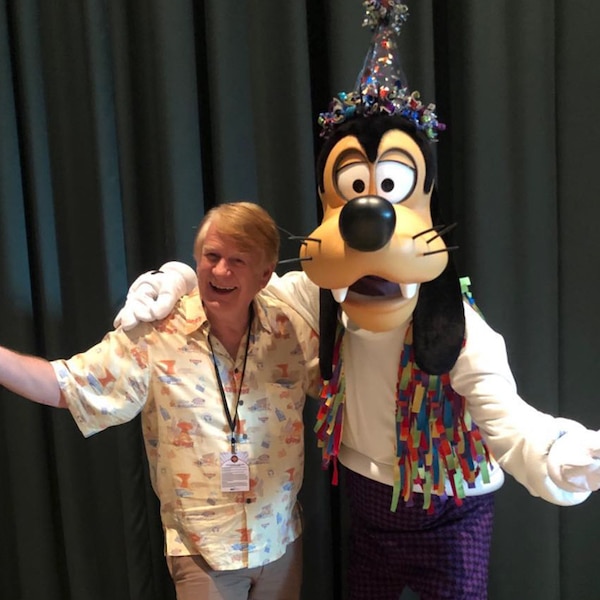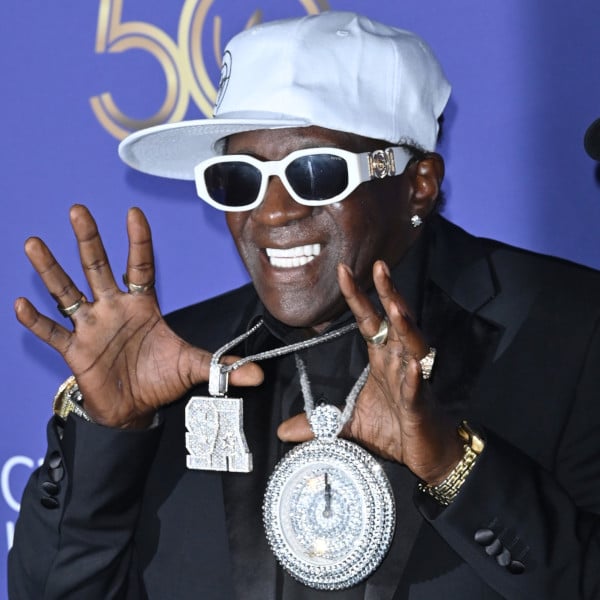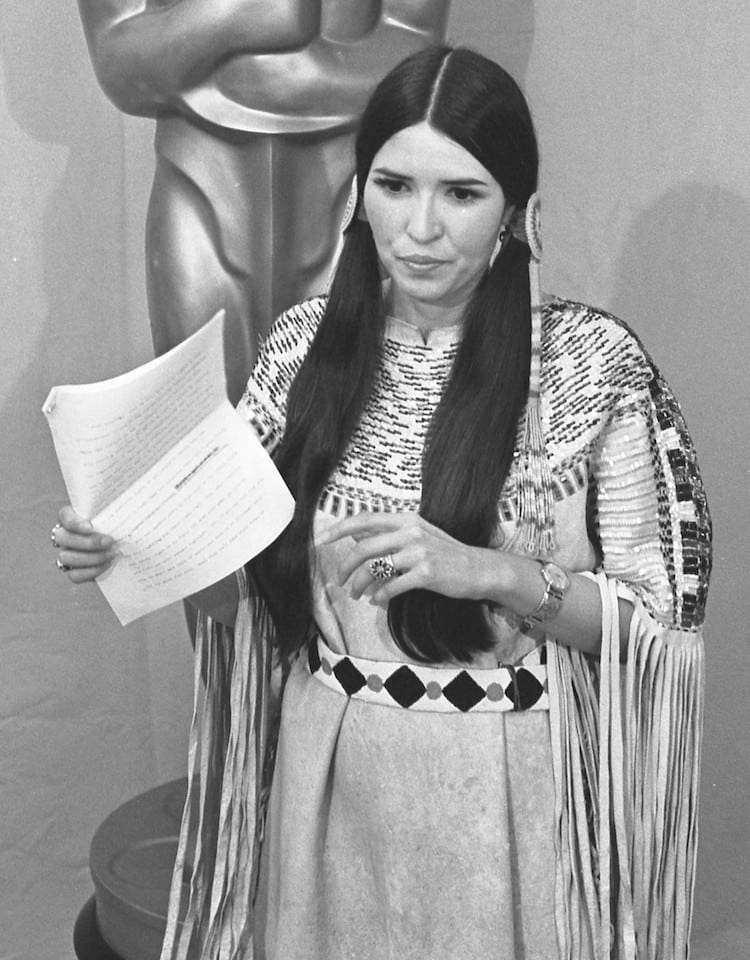
Sacheen Littlefeather at the 1973 Oscars (Photo: UCLA Library Special Collections, CC BY 2.0)
In 1973, riding high off the success of The Godfather, actor Marlon Brando used his platform to give a voice to Native Americans. Not only did he refuse the Academy Award for Best Actor, which he won for his role as Don Vito Corleone, but he sent Sacheen Littlefeather to the ceremony in his place. In one of the most memorable moments in Oscars history, Littlefeather took the stage in his place and spoke out about Hollywood's negative treatment of Native Americans. And while Brando's motives weren't fully appreciated at the time, today it's clear that he was ahead of his time.
Littlefeather, who just passed away on October 2, 2022 at age 75, was only 26 years old when she took the stage after Brando was announced as the winner of the Best Actor Award. The Apache and Yaqui activist respectfully waved off actor Roger Moore, who attempted to hand her the statue. She had been instructed by Brando not to touch the Oscar and, rather, read an eight-page statement. Things did not go quite as planned.
Trouble was brewing even before Littlefeather arrived at the podium. Brando would later tell talk show host Dick Cavett that the Academy “didn't want her there and didn't want the evening interrupted with that particular note.” In fact, just minutes before the award was handed out, show producer Howard Koch had told Littlefeather that she needed to keep her comments to 60 seconds. So, effectively what we hear at the podium is an improvised speech by the activist.
Still, in the short time she did have, Littlefeather made her voice heard. “[Brando] very regretfully cannot accept this very generous award. And the reasons for this being are the treatment of American Indians today by the film industry,” she said as the audience began to boo, “and on television in movie reruns, and also with recent happenings at Wounded Knee.”
While some in the audience applauded Littlefeather, her presence at the awards ruffled feathers. Some felt that Brando was making a mockery of the awards, while others felt that he was “jumping on a social cause bandwagon.” A few months after the Academy Awards, Brando was a guest on The Dick Cavett Show, where he eloquently explained his position and showed no regrets for asking Littlefeather to attend the Oscars.
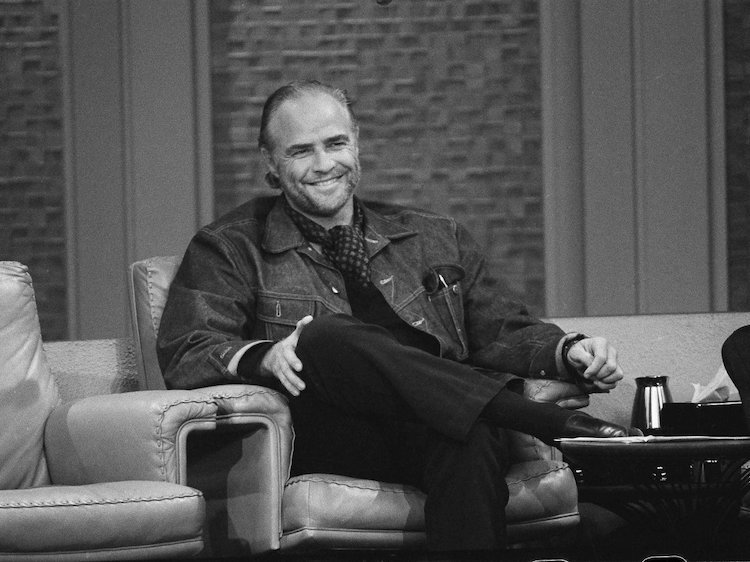
Marlon Brando on The Dick Cavett Show in 1973 (Photo: Sipuede7 via Wikimedia Commons, CC BY-SA 4.0)
Some may not realize that Brando was not only a great actor but also an activist and had been highly involved in the Civil Rights Movement. He'd also supported Native American causes for years. In 1964 during a fish-in, which was a protest to honor fishing rights on Puget Sound promised to Native American tribes, he was even arrested.
As Brando clearly explained to Dick Cavett, while he understood that not everyone would share his opinion, he wished that they would take the time to listen to what Littlfeather had to say. “Since the Native American hasn’t been able to hear his voice heard or have his voice heard anywhere in the history of the United States,” he shared, “I felt that it was a marvelous opportunity for an Indian to be able to voice his opinion to 85 million people and I felt that he had a right to in view of what Hollywood has done to him.”
Brando was unequivocal about his view that Hollywood was doing a disservice not only to Native Americans, but all minorities, thanks to their stereotypical portrayal of different cultures. He clearly understood the effect that this had not only on adults but, in particular, children.
“People actually don’t realize how deeply these people are injured by seeing themselves represented,” he shared. “Indian children seeing Indians represented as savages, ugly, nasty, treacherous, drunk…they grow up only with a negative image of themselves and it lasts a lifetime.”
He then shared that he knew that others were afraid to speak up about these issues, but felt that it was important not to be silent. When we think today about his words and what representation means—especially to children—one can't help but applaud his willingness to speak out in a time when it wasn't popular to do so.
How forward-thinking Brando's decision was and the bravery Littlefeather displayed has only been recently recognized by the Academy of Motion Picture Arts and Sciences. It took nearly 50 years, but in June 2022 they issued a formal apology to Littlefeather and on September 17 an event was held in her honor at the Academy Museum.
She can rest assured that no one will take her bravery that night for granted; and long after her passing, she will continue to be a shining example for others.
In 1973, Native American activist Sacheen Littlefeather took to the Oscar podium in the place of Best Actor winner Marlon Brando.
See Brando eloquently explain his decision to stand up for Native American rights and call out Hollywood's portrayal of minorities.
Watch Sacheen Littlefeather recite Brando's full speech, which she was barred from reading during the 1973 ceremony.
Related Articles:
Tyler Perry’s Inspiring Oscars Acceptance Speech Denounces Hate
Zendaya Makes Emmy Awards History and Sets Two Records in One Night
Chloé Zhao Makes History as First Woman of Color To Win Oscar for Best Director
Natalie Portman Wore Cape Embroidered With Names of Women Directors Snubbed by Oscars











































































